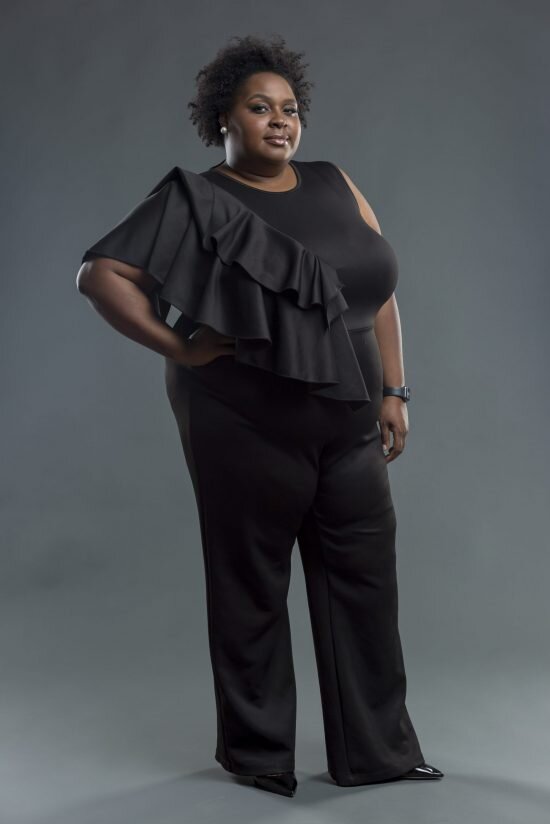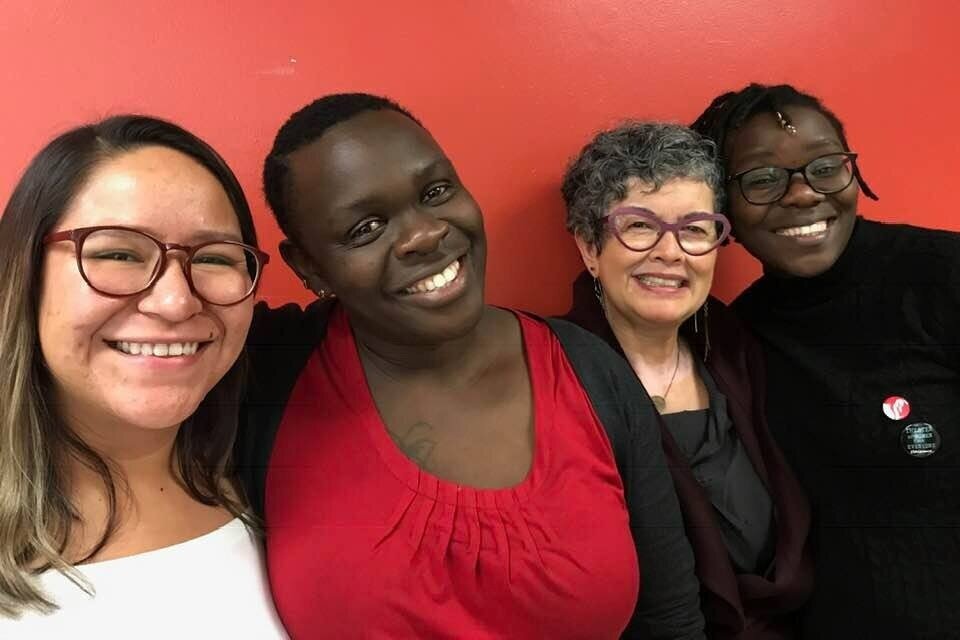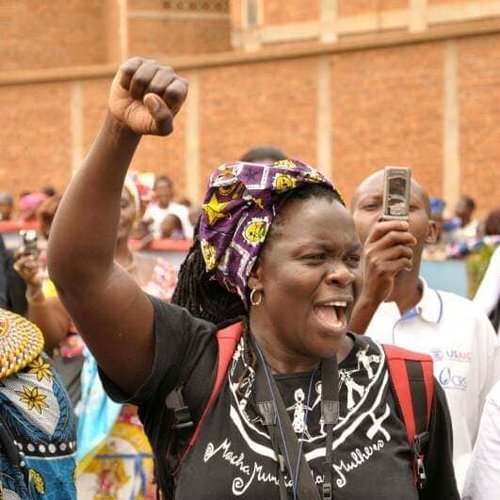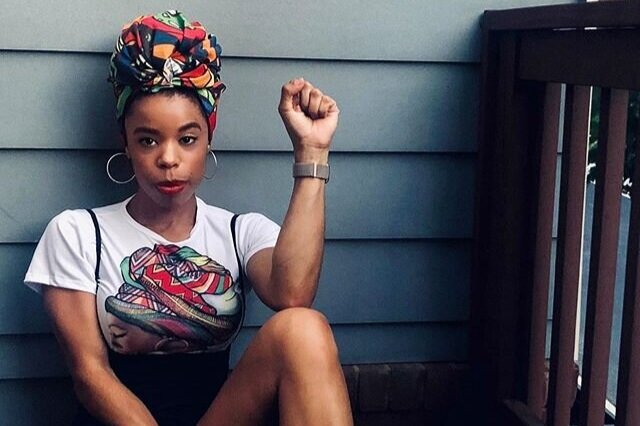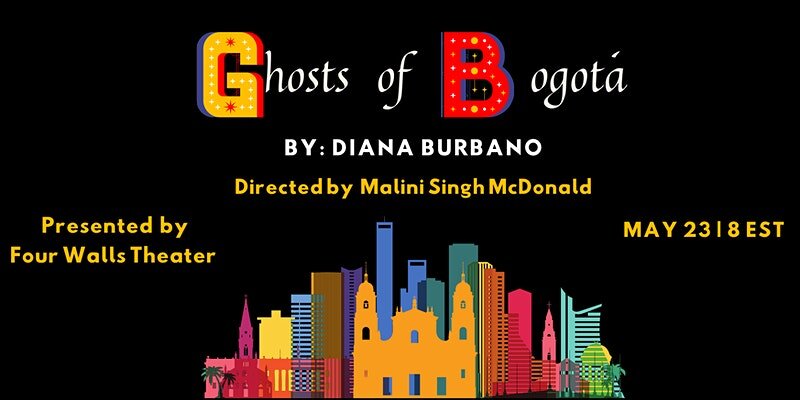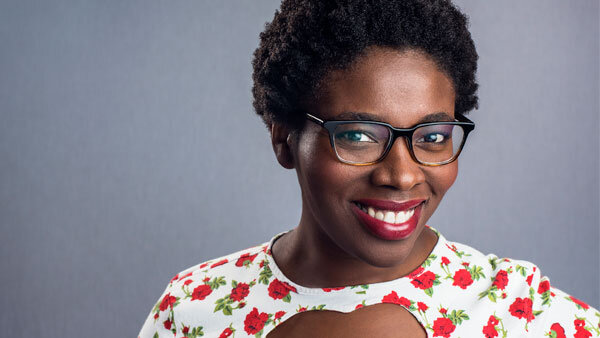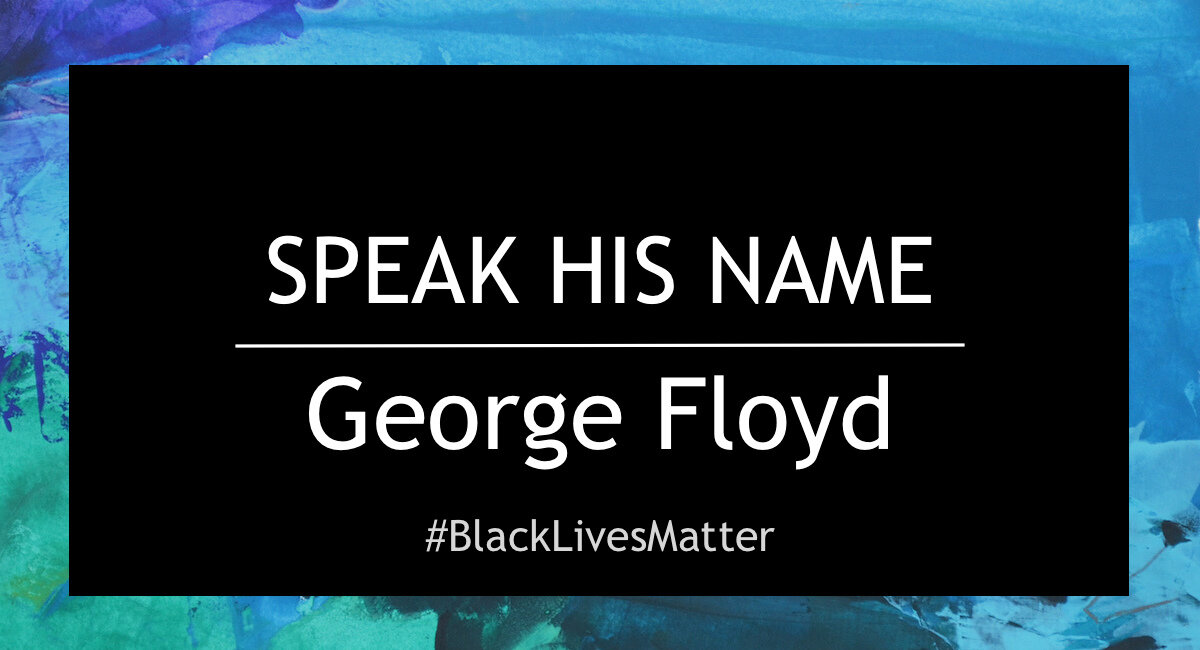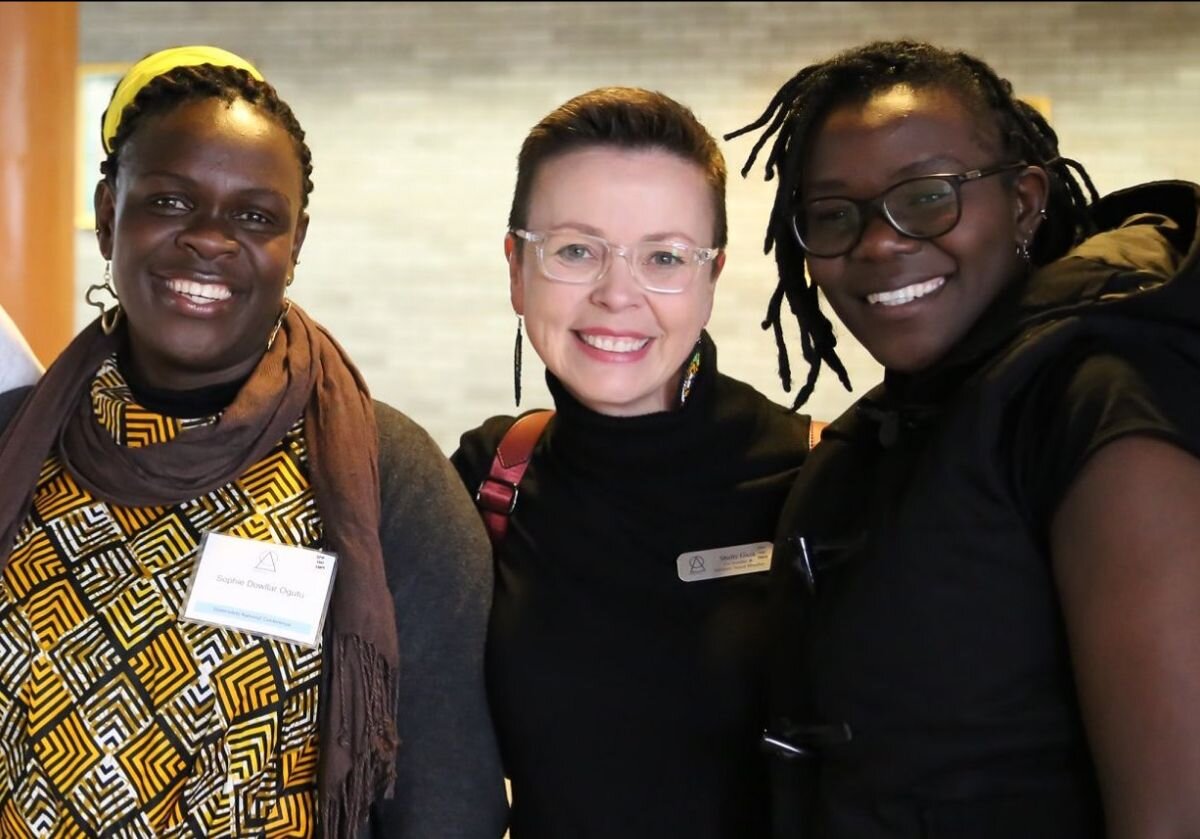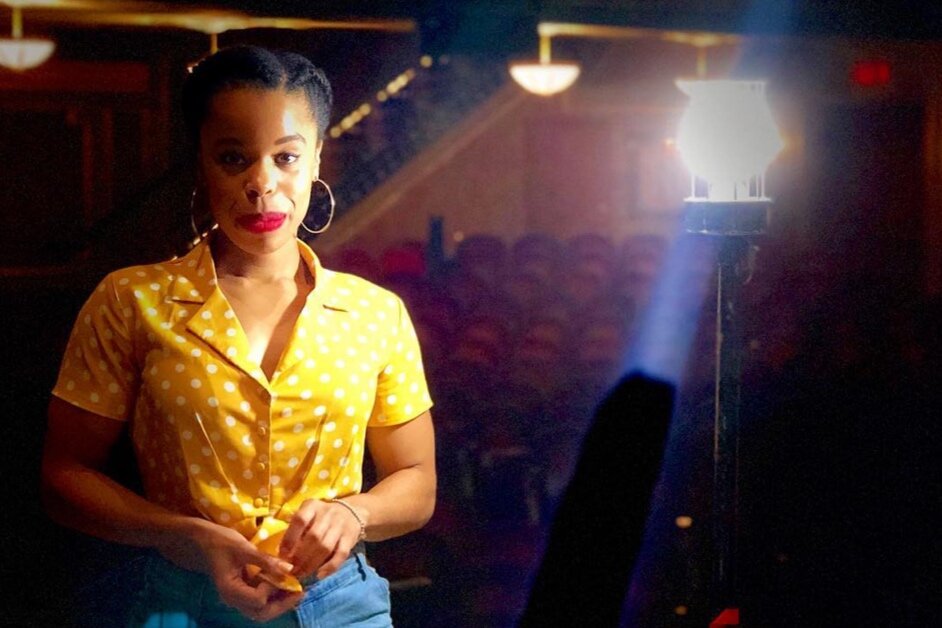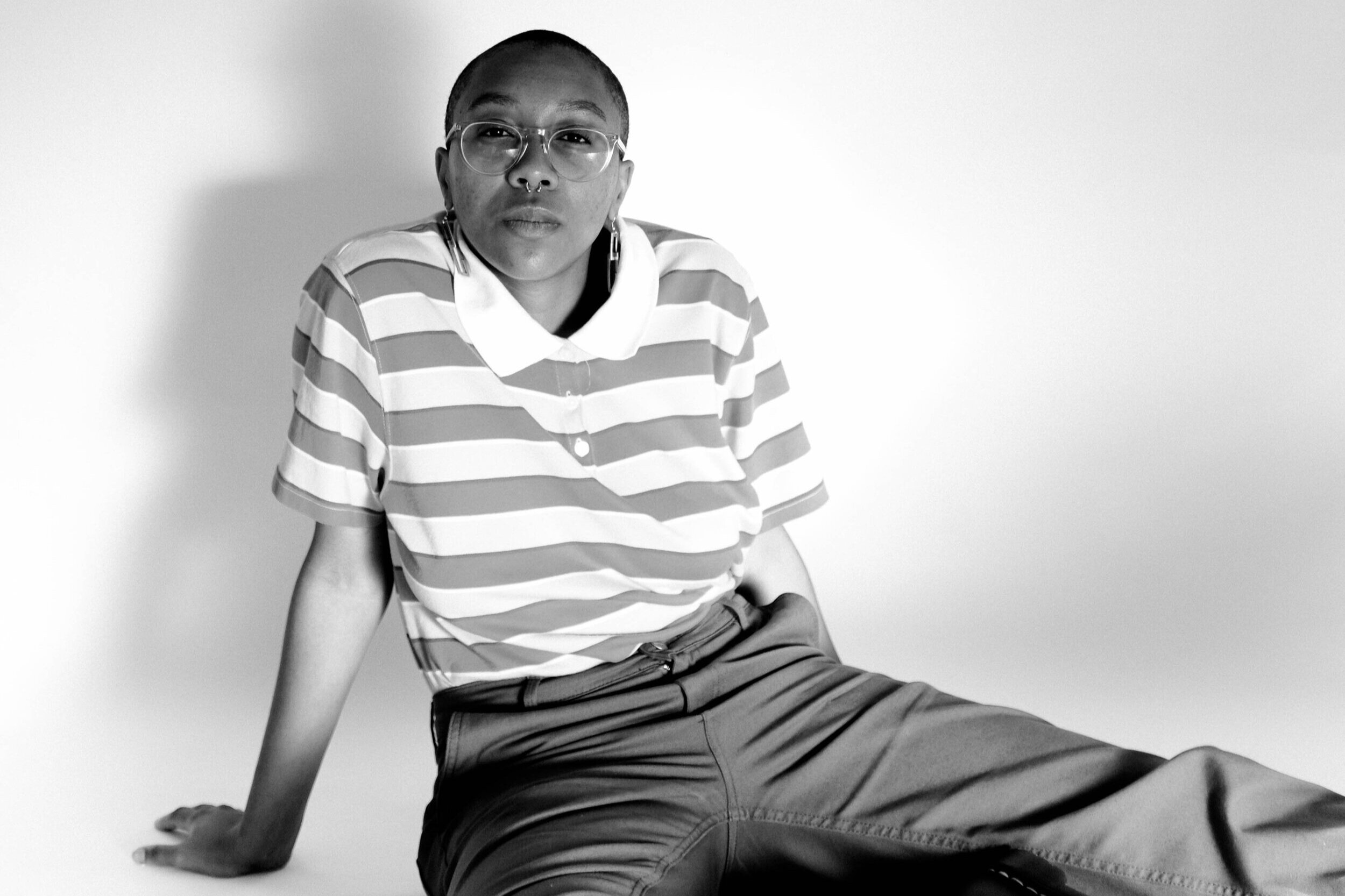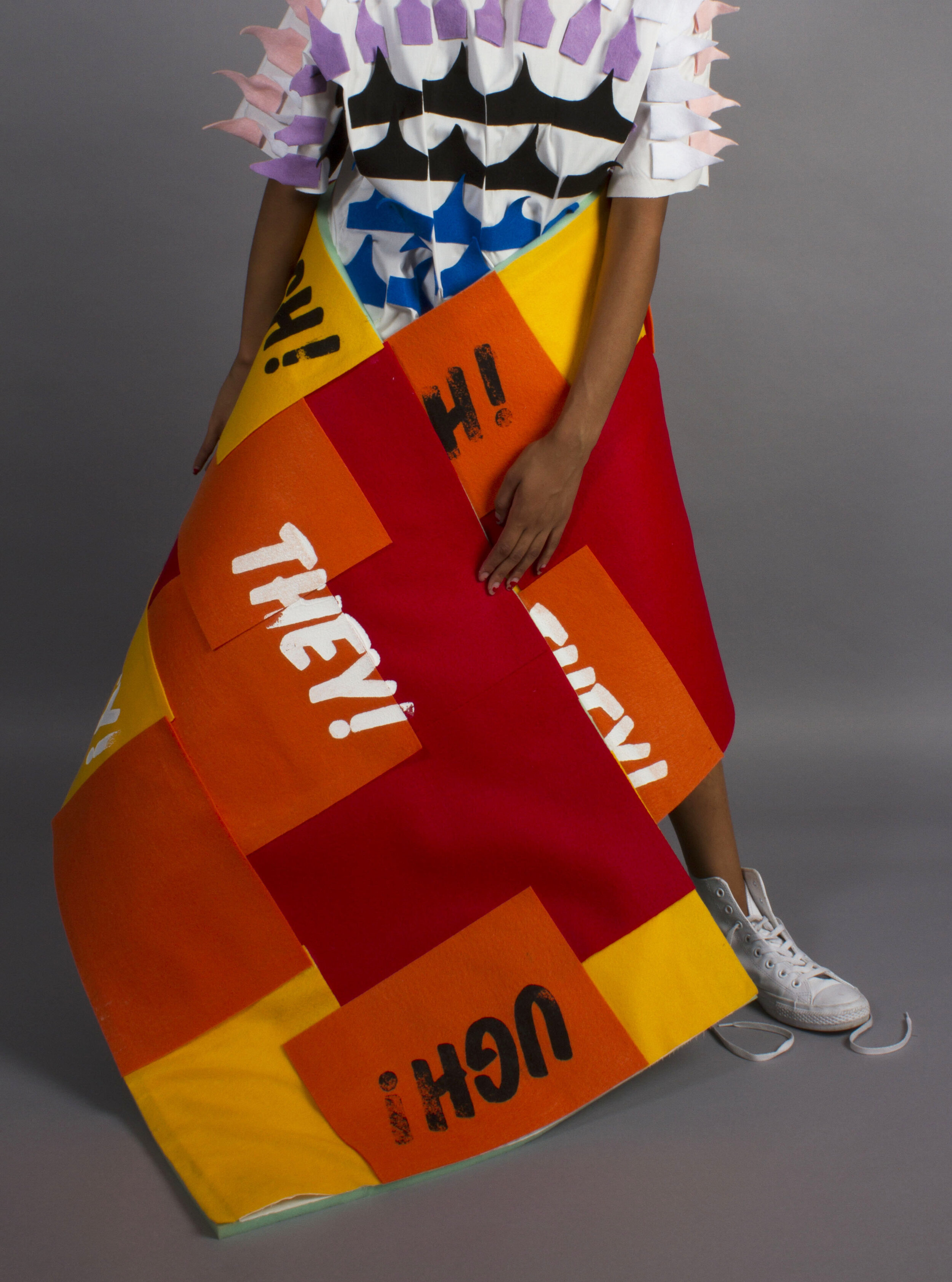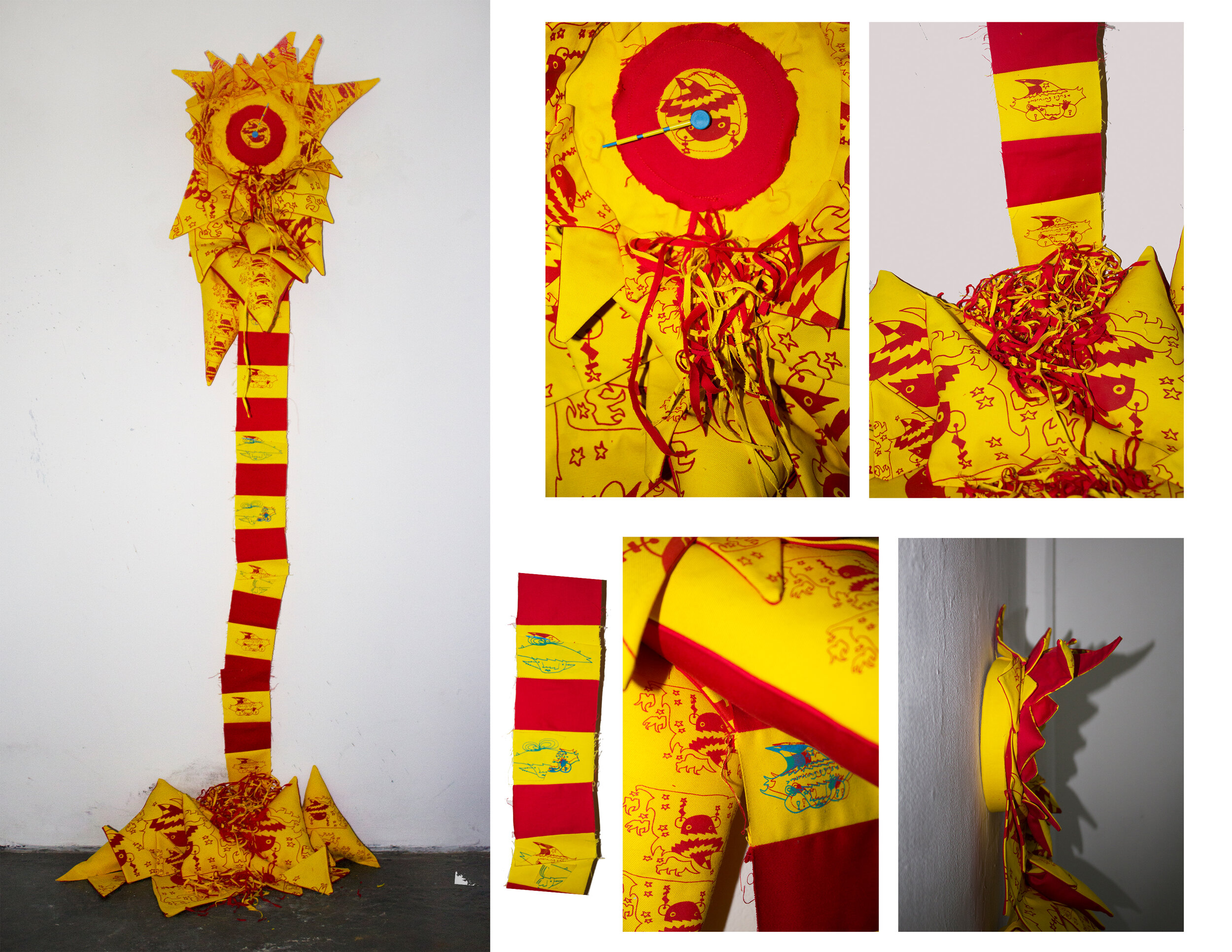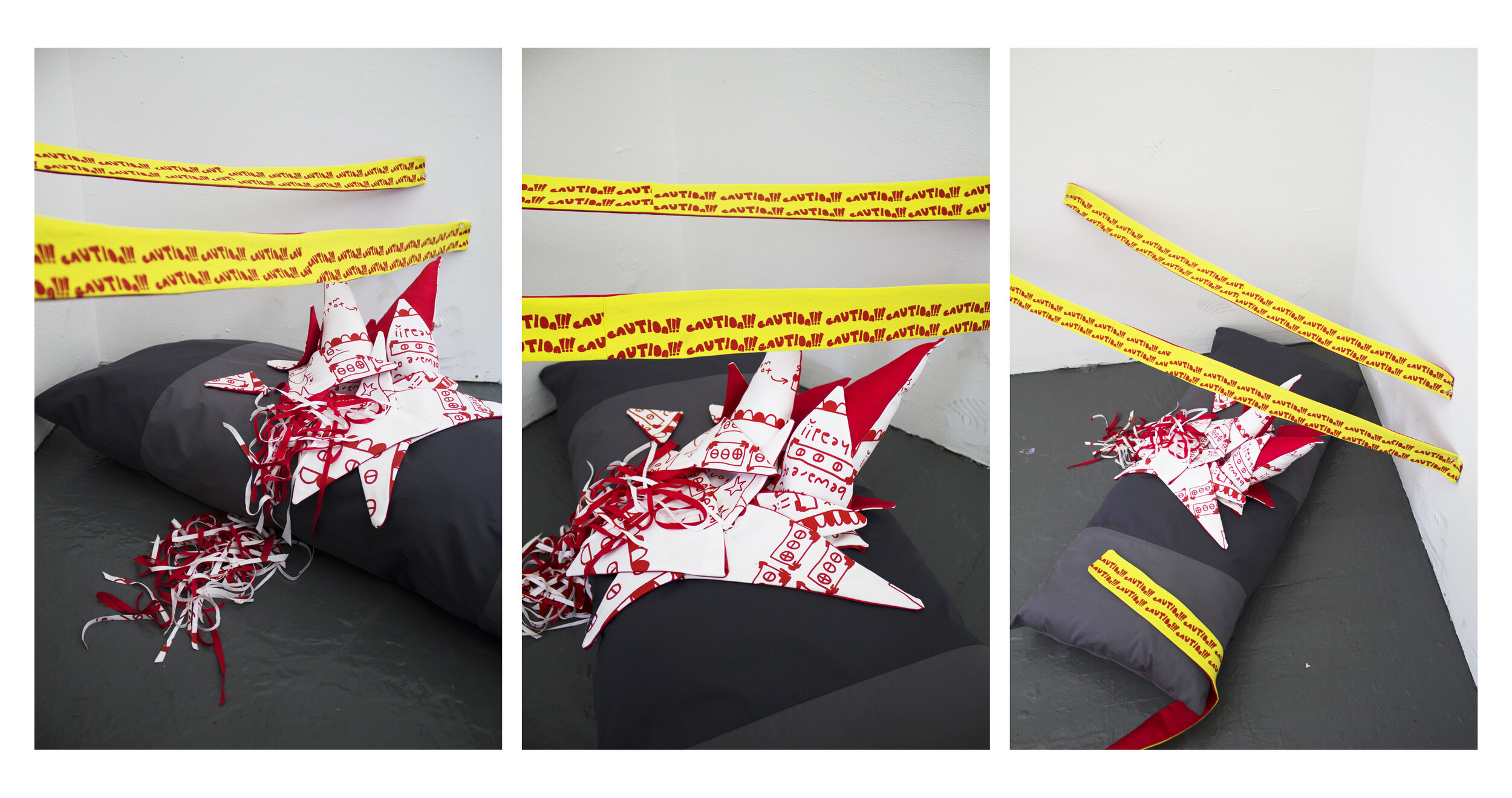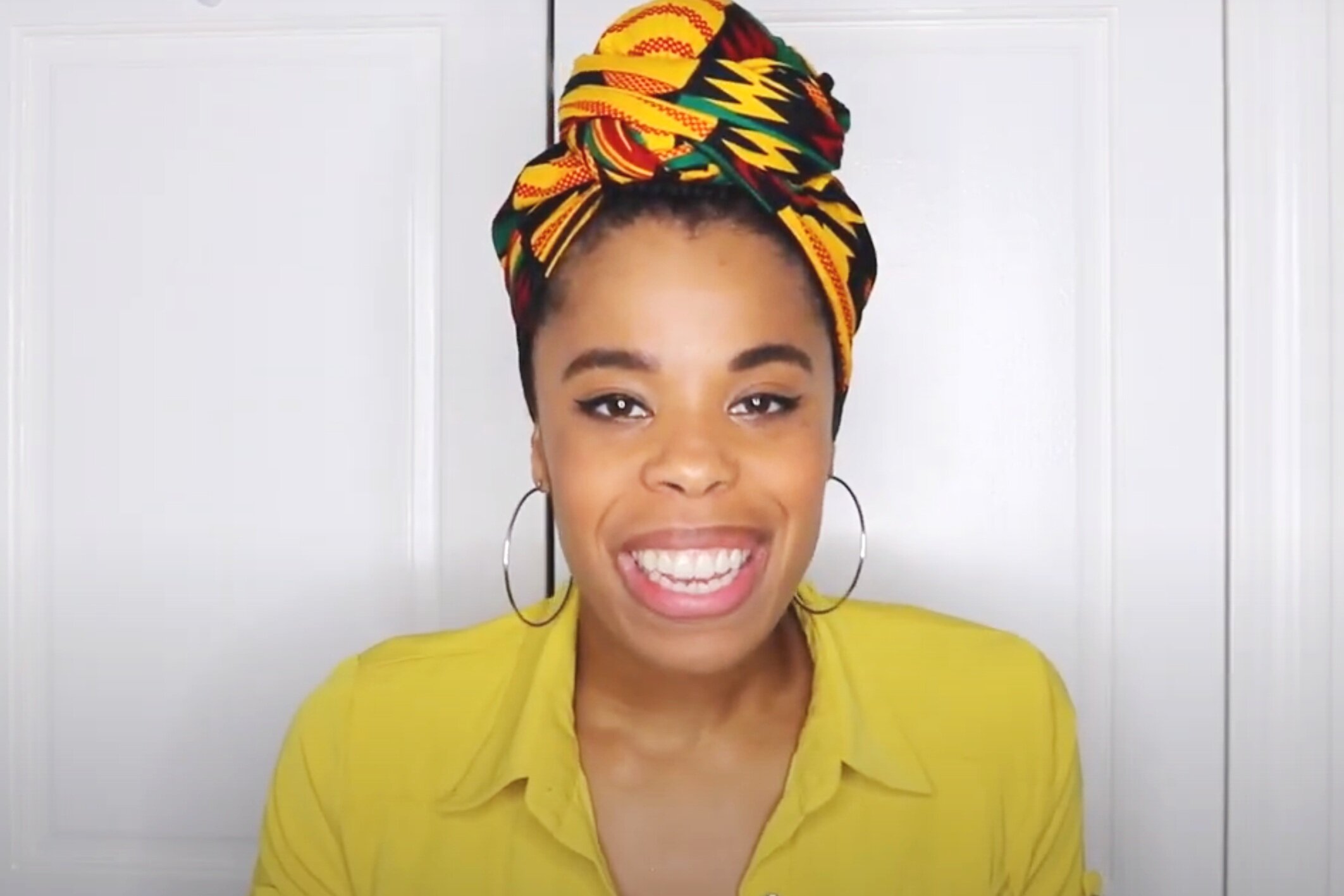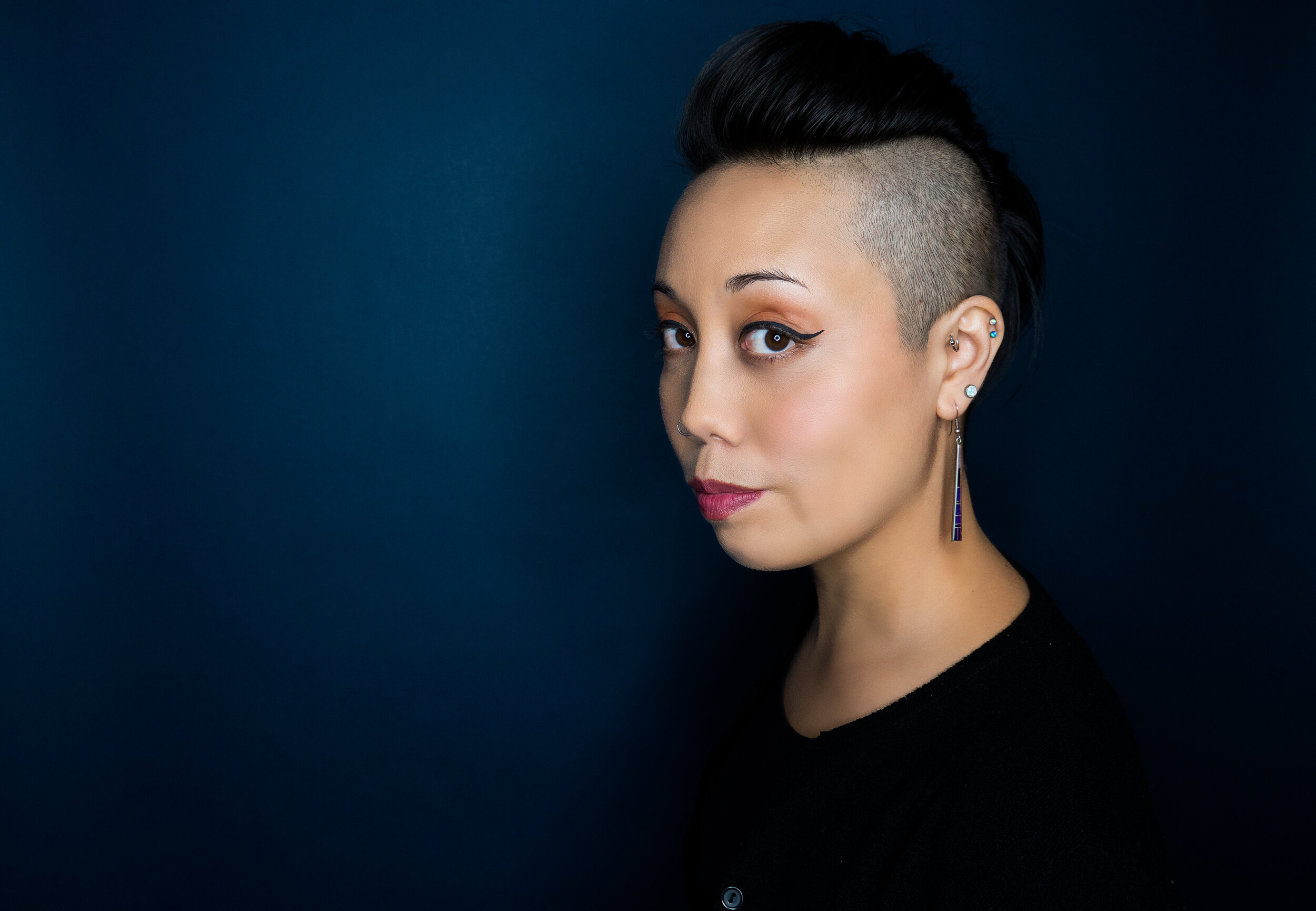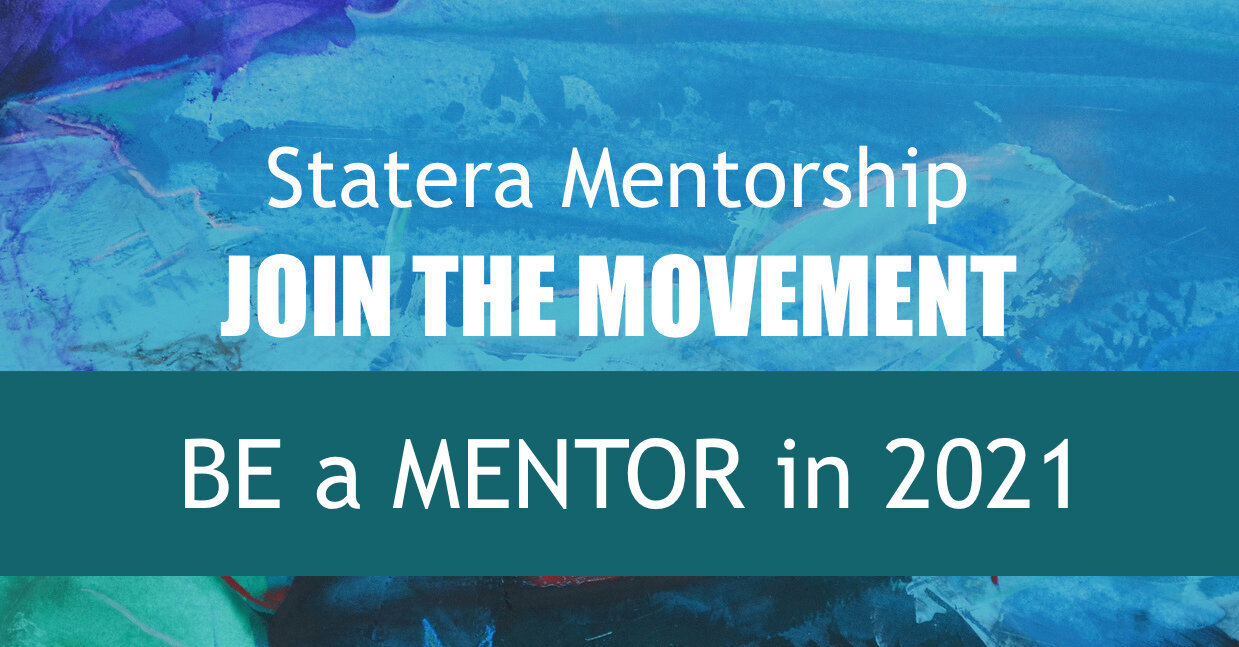StateraArts is thrilled to share with you this year’s recipients of the Martha Richards Visionary Leadership Award. The award is given annually to a visionary woman or non-binary leader who uplifts, amplifies, and advances marginalized artists. The list of nominees this year was wonderfully robust and we are eager to celebrate both of these incredible leaders with you. Read more about them and their powerful work below!
Congratulations to Tiffany LaTrice and Sarah Jane Hardy!
Photo by Osmond Curtis
Photo by Sierra King
Tiffany LaTrice is a visual artist, executive director and founder of TILA Studios. TILA Studios is tackling one of the most glaring statistics in the art industry: Black women artists make up only 4% of art professionals across the United States. Tiffany LaTrice has been featured in the New York Times, Huffington Post, Forbes, and NPR. for her work and impact in the art industry and empowering black women artists. In 2018, Tiffany LaTrice received the Artist Entrepreneur of the Year Award by C4 Atlanta and was a finalist for the Center for Civic Innovation #GoodTrouble Award. TILA Studios is the recipient of the 2018 Best of Atlanta Award for Atlanta Magazine and the Atlanta Tribune.
LaTrice has worked with the City of Atlanta’s Office of Planning to build a community engagement tool for the community of Cascade. Her exhibition history includes Cultural Arts Council in Douglasville, Mason Fine Art, Equity Gallery, La Maison D’Art, and the African American Museum in Chattanooga, TN. Her artwork has appeared on the Food Network and in publications such as Zora Magazine and Sarah Lawrence’s annual poetry collection, Dark Phrases.
She is a 2019 Civic Innovation Resident, 2018 Civic Innovation Fellow. She received her undergraduate degree in International Relations and Fine Art from the University of Southern California and her Masters in Women’s History at Sarah Lawrence College.
“Tiffany is a trained artist who came up against all the walls that blocked her from blossoming as she deserved-- and instead of simply focusing on herself and her work, she has made it her mission to break down these walls for ALL Black Women Artists.”
— Elizabeth Duvivier, Nominator
Photo by David Kinder
Photo by David Kinder
Photo by David Kinder
Sarah Jane Hardy is a producer, director and facilitator of new work development based in Portland, Oregon. Originally from Liverpool, England she is currently the Artistic Director of Northwest Children's Theater where she produces a five show mainstage season.
A tireless advocate for excellence in art for children, Sarah Jane has created over 20 new works working in collaboration with artists from around the country. Her work is bold, imaginative and relevant.
“Sarah Jane’s stance is clear: People’s stories are best told by people themselves. Theater, in all its forms, and especially for children, only works when every voice is included. We may see parts of ourselves reflected in some stories, but what happens when there are no stories about you? No stories that speak to your experiences, challenges and triumphs? There are no voices more in need of amplification in the traditionally cis-male dominated world of the arts than all who identify as women, and women from every background. Sarah Jane is committed to presenting stories where girls expect full autonomy, to be in charge of their own choices, lives and destinies. When they aren’t, those characters fight the paradigm and win.”
— Melody Bridges, Nominator
Celebrate with Us!
We invite you to join us for a virtual celebration Monday, November 23rd, 5pm PST/8pm EST honoring our 2020 Martha Richards Visionary Leadership Award Recipients, TiffanyLaTrice and Sarah Jane Hardy!
Head over to the StateraArts Facebook page for wonderful performances and tributes from Sarah Jane and Tiffany’s communities, and an opportunity for you to ask them questions during a roundtable discussion. See you there!
_format-1500w.png)

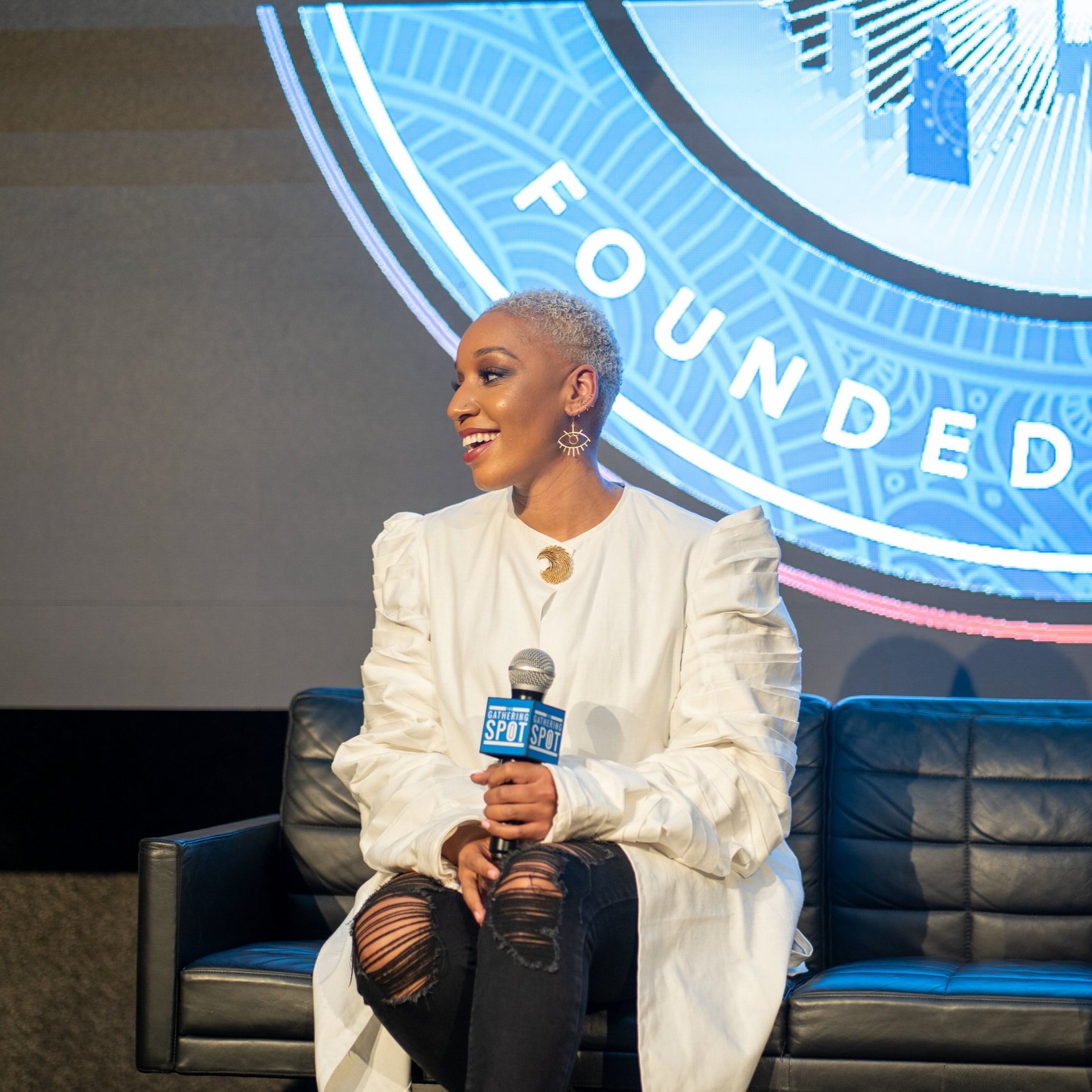
.jpg)
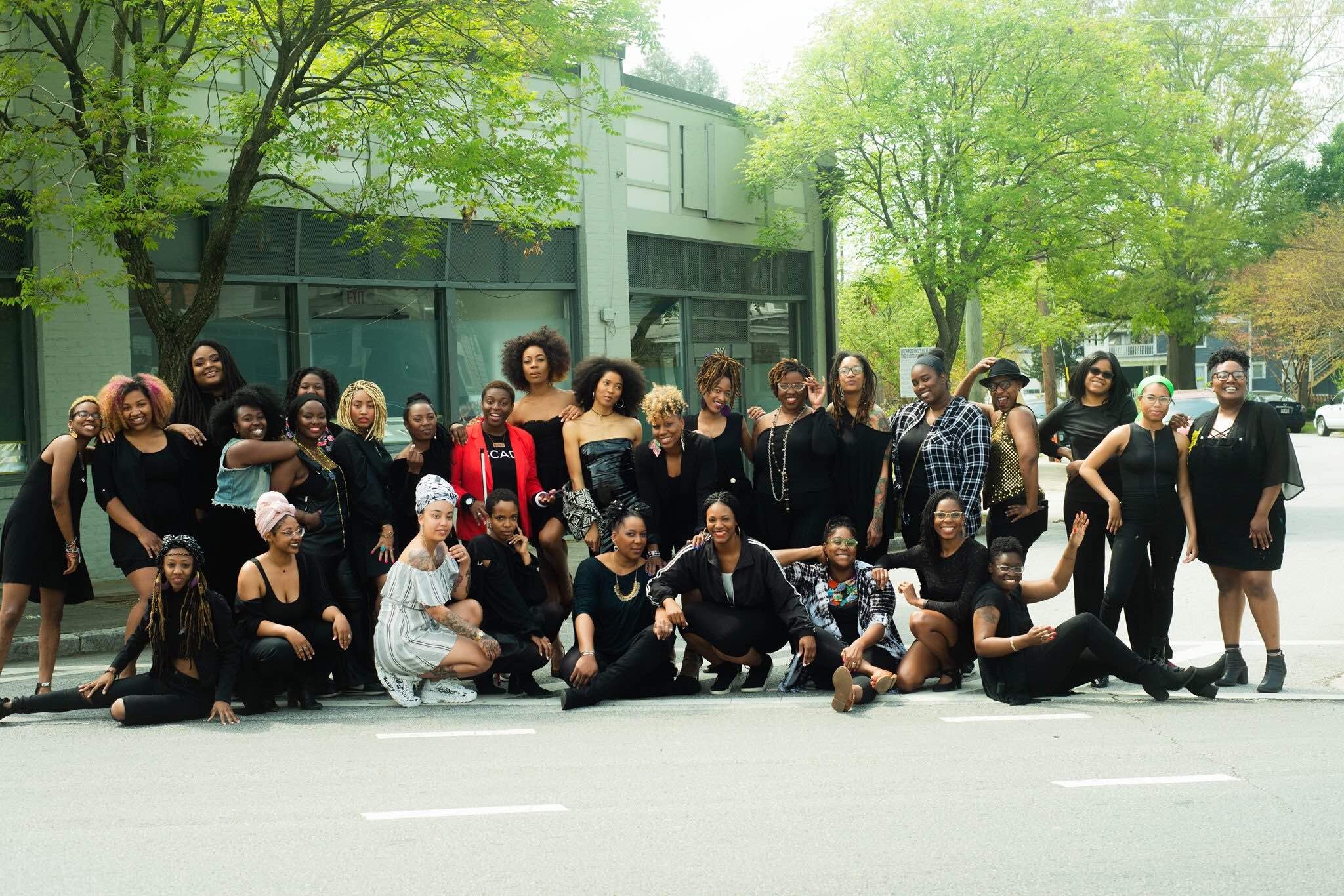
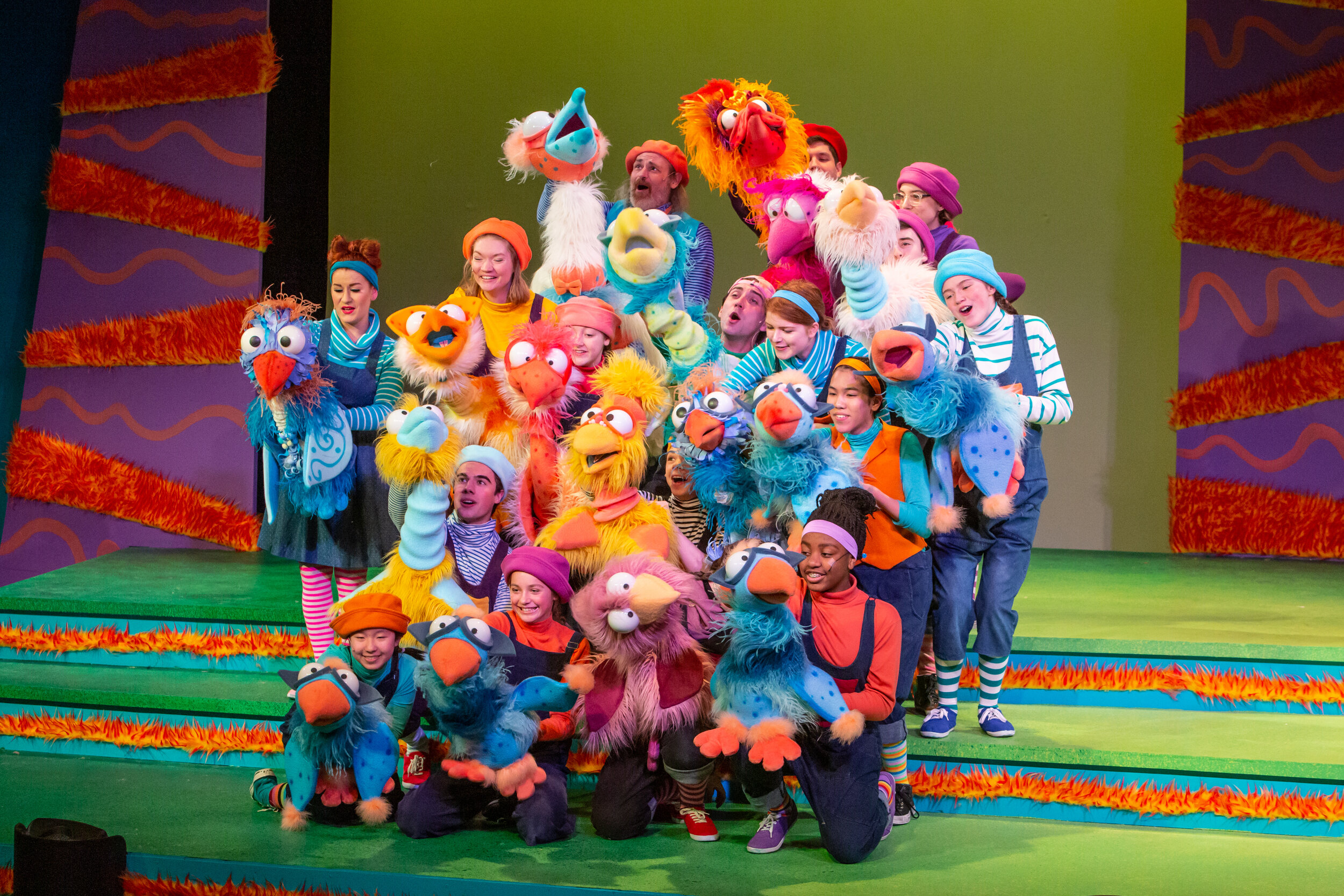
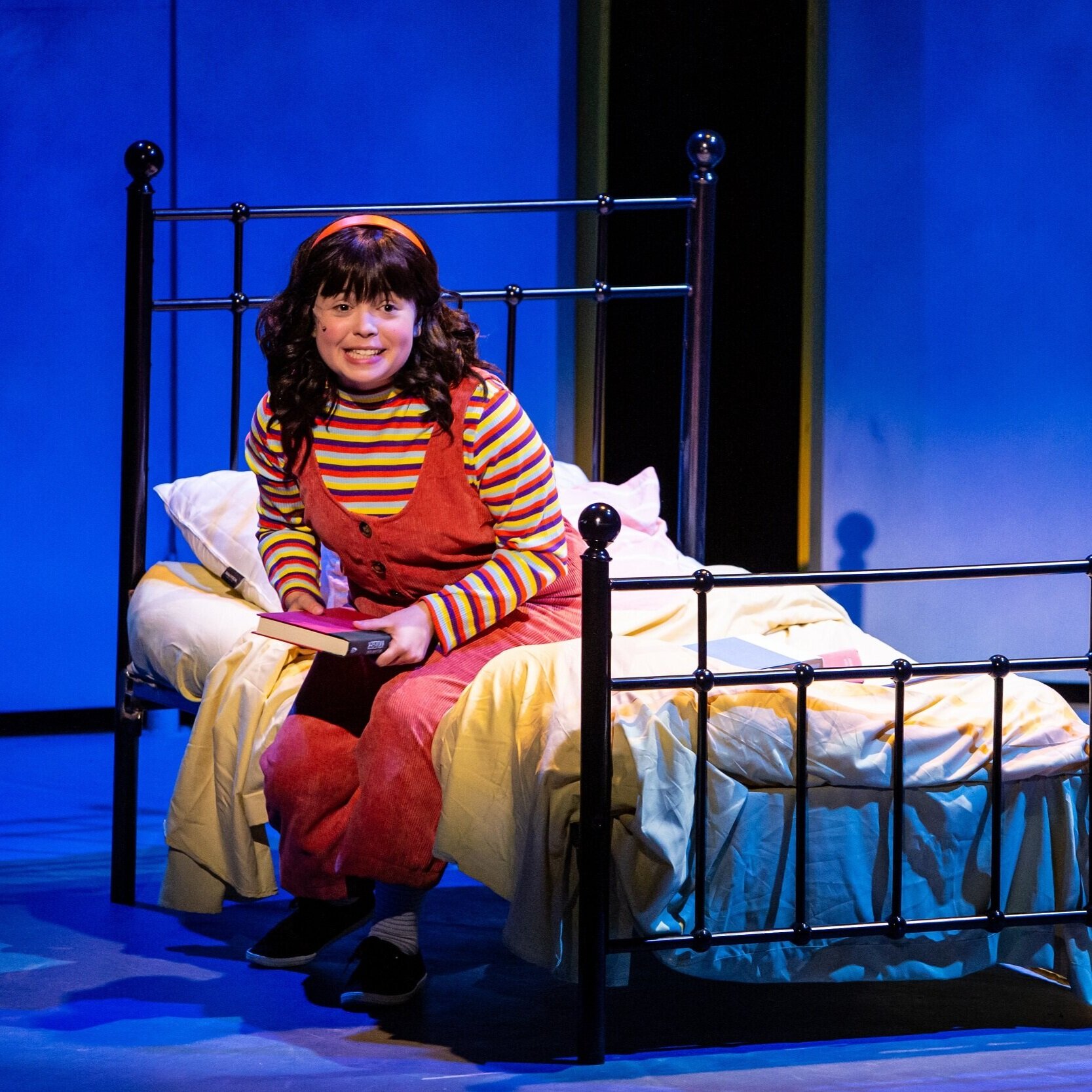
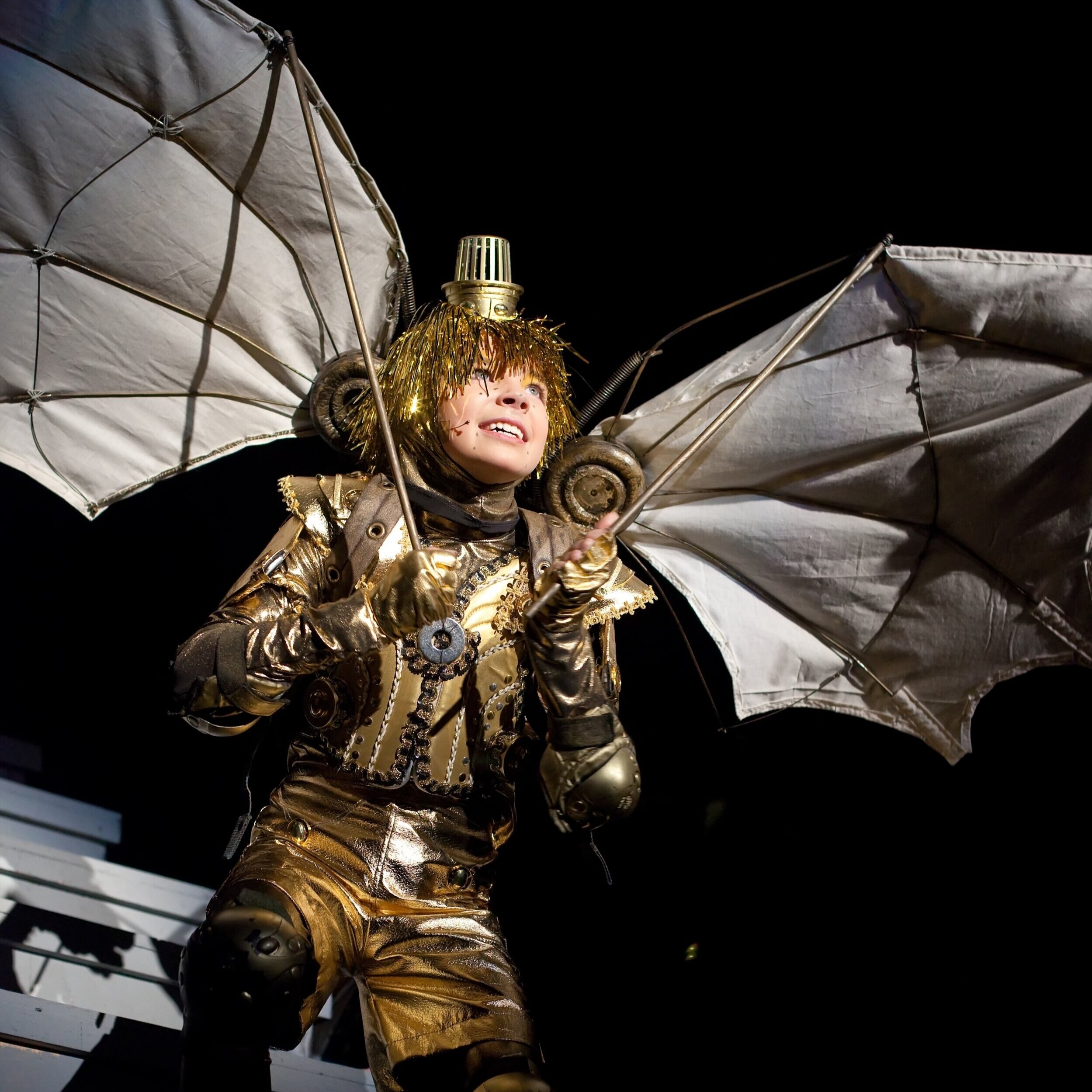
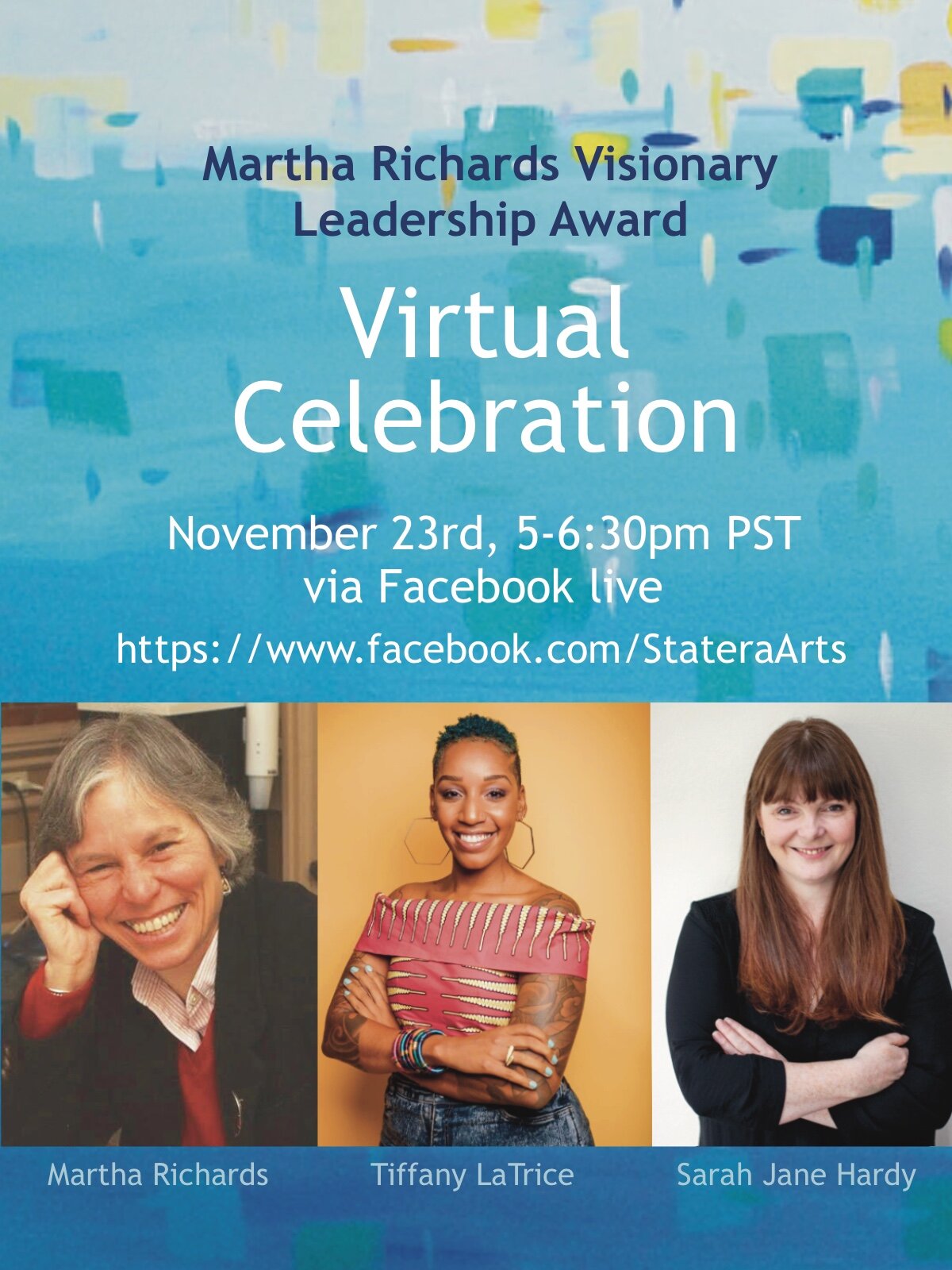

.jpg)
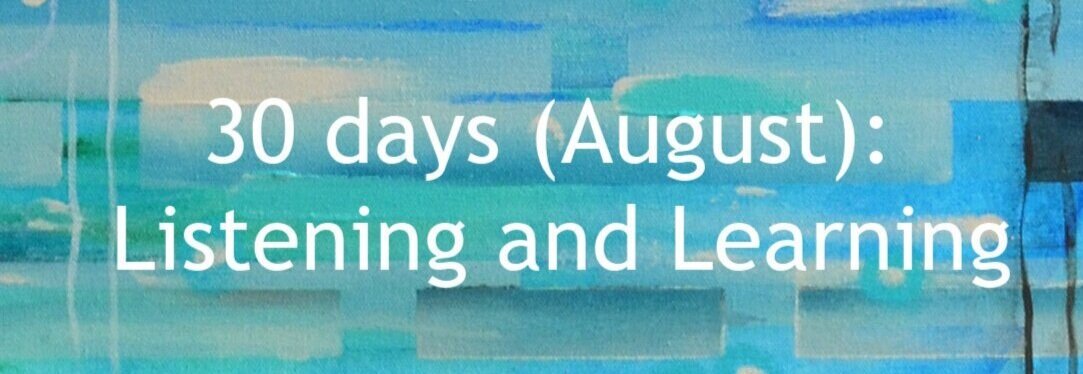

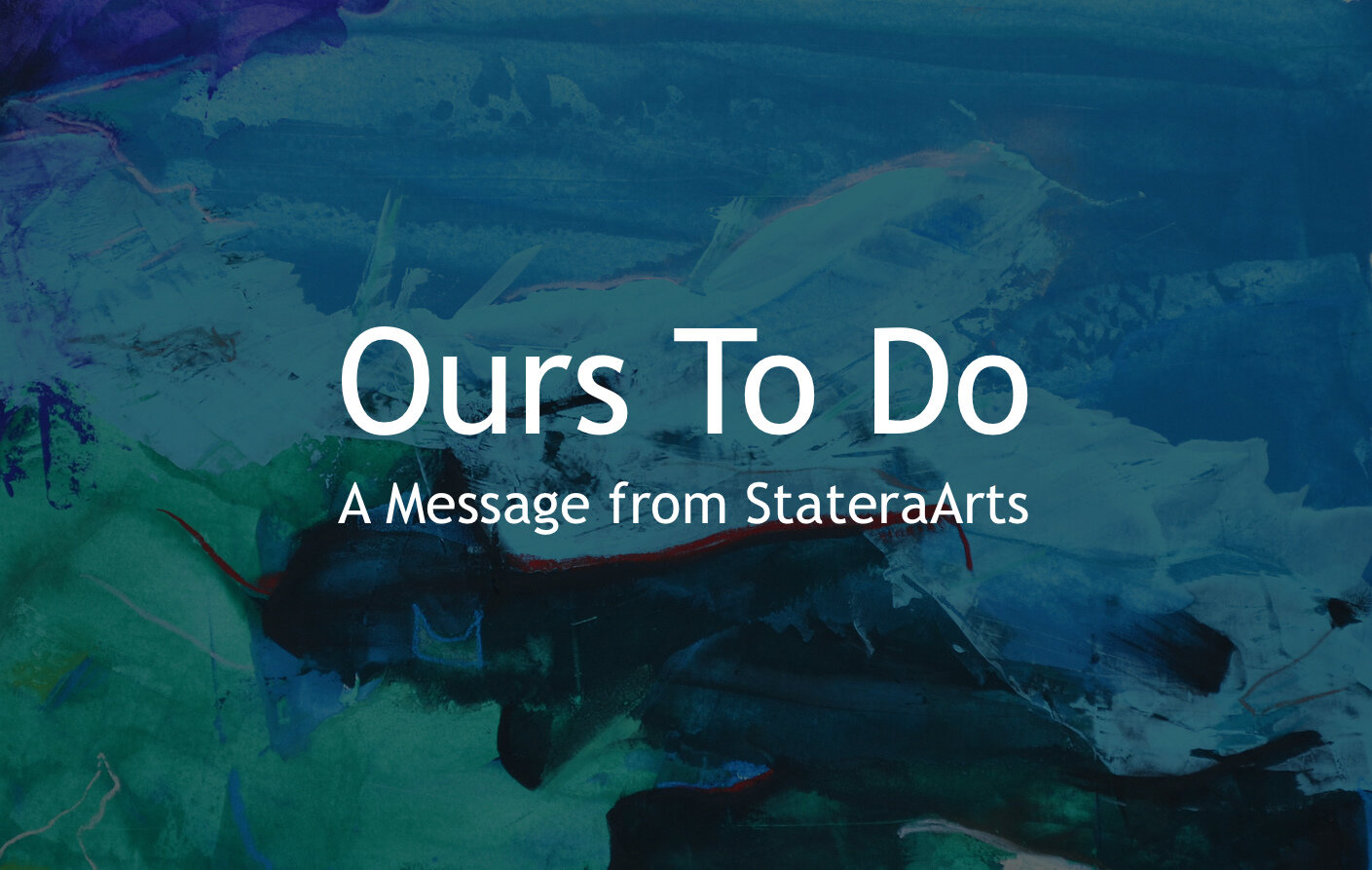


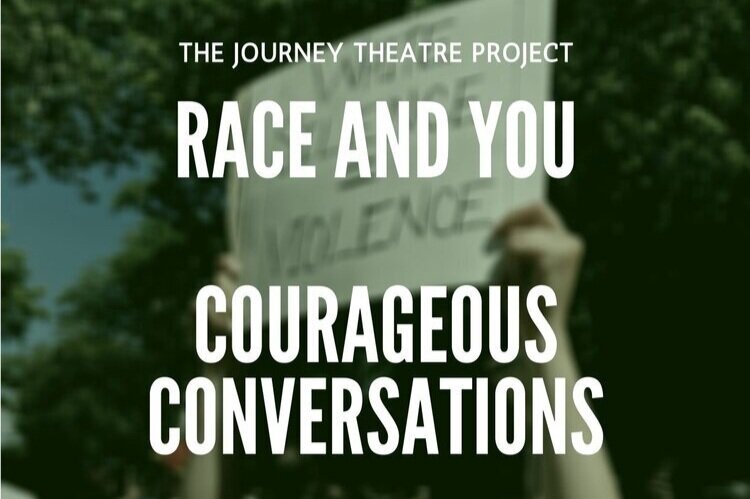
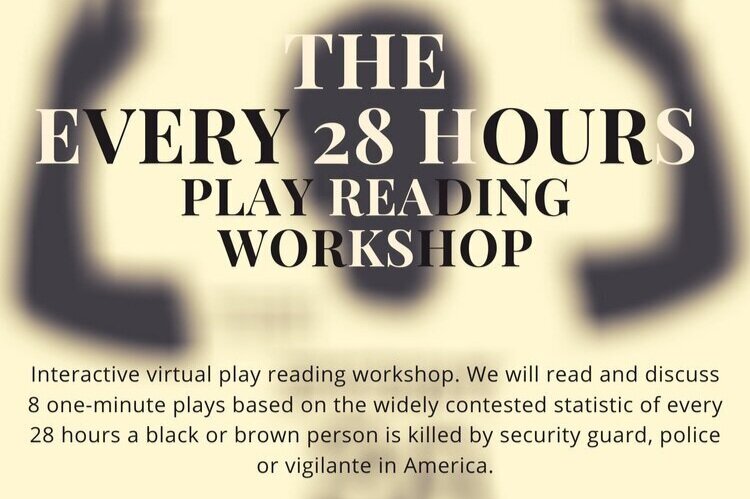
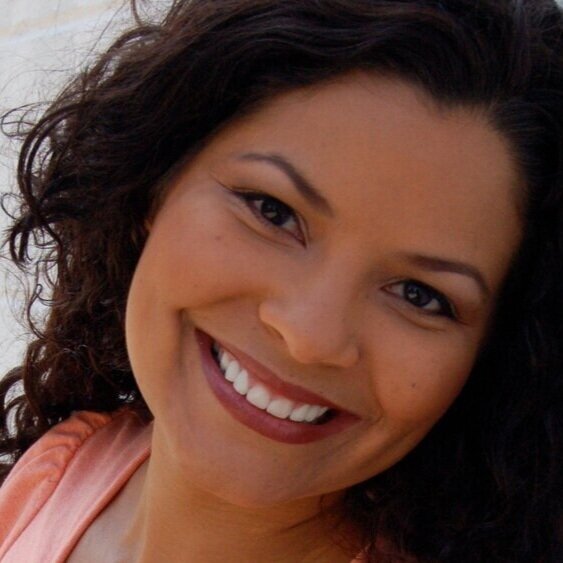
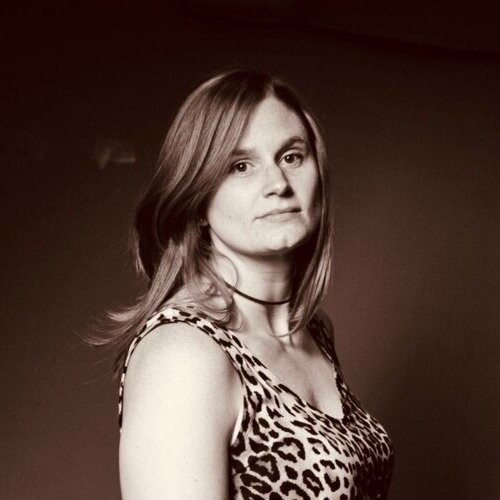
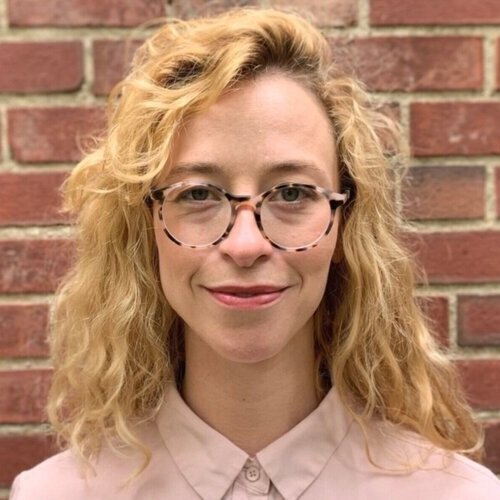

.jpg)
